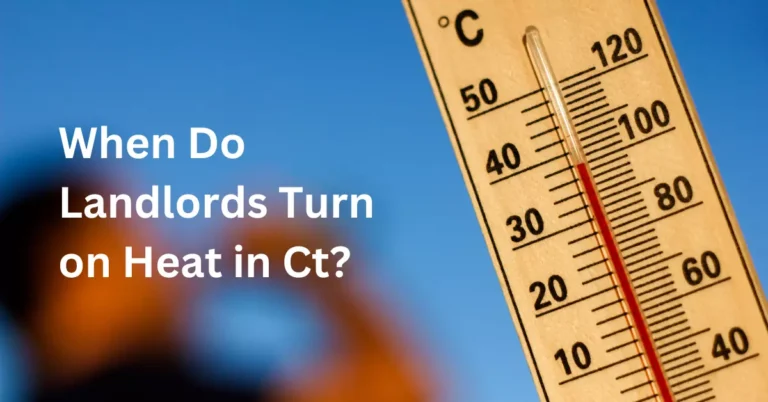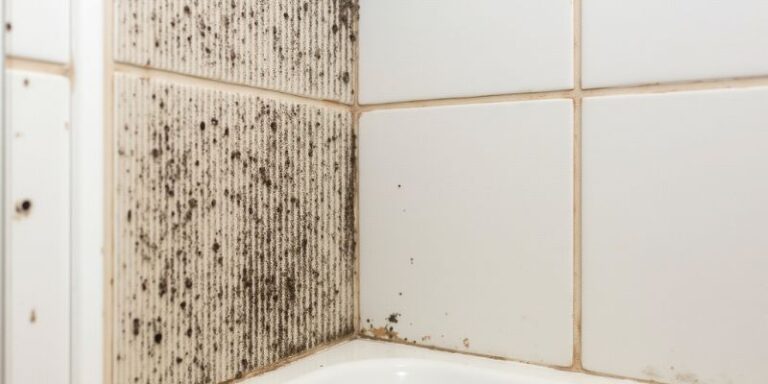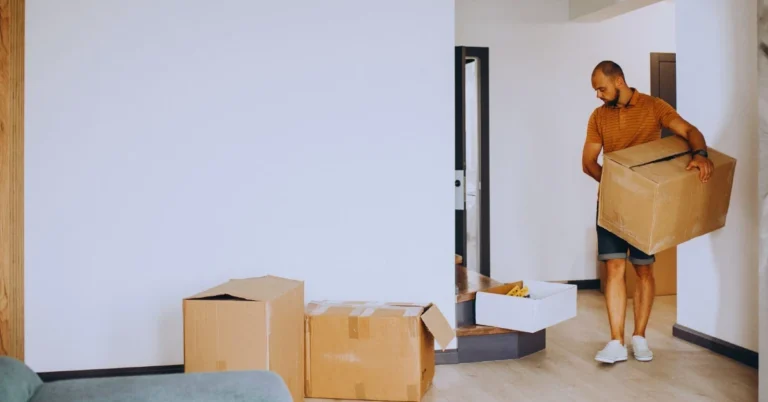Welcome To The RentalAwareness.Com
Where Rental Knowledge Meets Simplicity
We craft comprehensive guides and resources on everything rental-related. Dive into our curated topics and empower yourself in the world of rentals.
Why Choose RentalAwareness.Com?
Comprehensive Yet Digestible
Our mission is to simplify the complexities of the rental world. With us, you gain insights that are in-depth yet easy to understand, ensuring you’re always well-informed.
Tailored Resources For Every Need
From tenants to landlords, from lease agreements to eviction laws, we’ve got you covered. Our platform offers resources tailored to meet the diverse needs of the rental community.
Expert Support Just A Click Away
Got questions? We’ve got answers. Our team of rental experts is here to assist you. Whether you have a specific query or need guidance on a broader topic, we’re here to help.
Free eBooks and Guides
Unlock our collection of free eBooks and in-depth guides. Dive deep into specific rental topics and arm yourself with knowledge.
Our Latest Guides

When Do Landlords Turn on Heat in Ct? – Rental Awareness
Typically, landlords in Connecticut turn on the heat during the month of October, as per state regulations. However, the actual date depends on the terms of the lease agreement. when…

Can Tenant Refuse Open House Nsw? – Rental Awareness
In New South Wales (NSW), tenants have the right to refuse an open house inspection if it’s not convenient for them. Landlords or property managers must provide proper notice and…

17 Toxic Black Mold Spots You’re Missing in Your Bathroom (Warning: Check #9!)
Alarming bathroom mold hides in 17 unexpected spots that could be making your family sick – discover the shocking location at #9.

Iowa Tenant Rights Without Lease: Essential Guide
In Iowa, tenants without a lease still have rights under the state’s landlord-tenant law. These rights include protection from discrimination and entitlement to a habitable living space. Navigating tenant rights…

Can the New Owner Evict the Tenant? – Rental Awareness
Yes, a new owner can evict a tenant, but it must be done according to legal procedures. As a new owner, there may be various reasons why you would want…

Are Tenants Responsible for Light Bulbs? Rental Awareness
Yes, tenants are generally responsible for light bulbs in their rental properties. Tenants are expected to perform basic maintenance tasks while living on a rental property, and replacing light bulbs…

Can a Landlord Take Pictures of Your Personal Belongings: Protecting Your Privacy
A landlord generally cannot take pictures of your personal belongings without your permission. When renting a property, it is important to know your rights regarding privacy and the protection of…

13 Terrifying Consequences of Breaking Your Lease Too Soon
Just when you thought breaking your lease was a simple move-out, these hidden consequences could damage your future in ways you never imagined.

14 Lease Clauses That Could Secretly Ruin Your Life
Outrageous lease clauses lurking in your rental agreement could cost you thousands if you don’t spot these hidden traps.